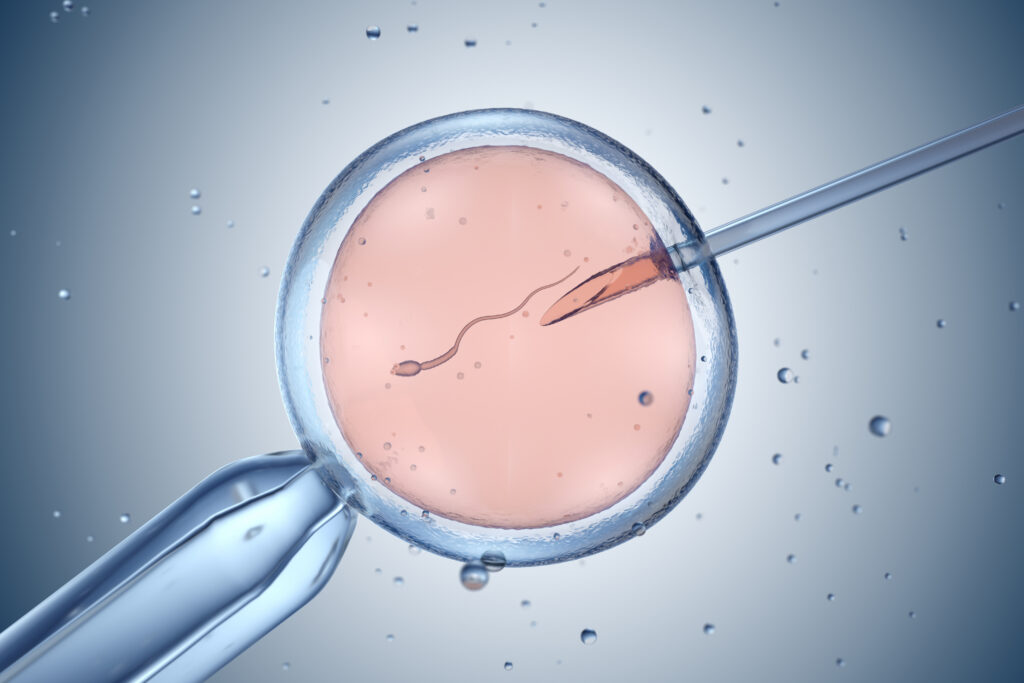Testimonies of Legal Expert, Medical Experts and Abortion Survivor on Pain-Capable and Born-Alive Abortion Legislation

On March 15, 2016, the Senate Judiciary Committee held a hearing on the Pain-Capable Unborn Child Protection Act and the Born-Alive Abortion Survivors Protection Act – historic legislation to stop abortion more than halfway through pregnancy and strengthen equal protection measures for babies born alive after a failed abortion.
Charlotte Lozier Institute (CLI) associate scholar Angelina Baglini Nguyen, J.D. testified as an expert witness on the United States’ permissiveness on abortion limits in comparison to international abortion norms as well as the constitutionality of 20-week abortion limits based on fetal pain. In 2014, Ms. Nguyen authored a major paper, published by CLI, which found that the United States is one of only seven countries in the world to allow elective abortion past 20 weeks.

Other prolife witnesses included: Neonatologist and associate professor of neonatology at Northwestern University, Colleen Malloy, M.D.; retired gynecologist and former abortionist Kathi A. Aultman, M.D.; and abortion survivor and founder of The Abortion Survivors Network, Melissa Ohden.
Notably, when Sen. David Vitter (R-La.) asked whether any of the witnesses disagreed that a baby born alive after a failed abortion “should get all available medical care for survival,” one minority witness Diana Greene Foster, Ph.D. responded, “I do disagree,” and continued on to say that “[D]octors and nurses and women themselves know best whether care would lead to survival.” To read the exchange in full, see here.
Sen. Vitter also asked all witnesses whether anyone disagreed that an unborn child at 22 weeks of gestation is “capable of feeling pain.” Jodi Magee, president and CEO of the pro-abortion group Physicians for Reproductive Choice, replied, “I do disagree. There is no medical evidence that shows fetuses feel pain until the third trimester.” When Sen. Vitter pressed on why it is standard medical practice to give an unborn child anesthesia, Ms. Magee answered, “I’m not a doctor so I can’t speak clinically.”
When Sen. Lindsey Graham (R-SC) asked Ms. Magee if she believed “there should be any restrictions on abortion at any time,” she stated that her organization believes that “the safety and health of women is paramount, so if there are going to be restrictions on abortion, they should serve the needs of women.” The Guttmacher Institute, the former research arm of Planned Parenthood, recognizes that the risk of death from abortion for the mother increases dramatically the later the gestation, particularly after 20 weeks, as shown in its overview of U.S. abortion:

Regarding the constitutionality of 20-week abortion limits, Sen. Thom Tillis (R-NC), asked CLI legal scholar Angelina Nguyen, “Why wouldn’t we see more challenges to the state bills that have been passed on this subject?” Ms. Nguyen replied, “Sixteen states have passed a pain-capable version of the bill, only three have been enjoined… This 20-week policy can stand under and alongside the viability rule in place with Roe (v. Wade). This is a new state interest that the Court would see. It’s never examined fetal pain as being a new protected state interest… The Court could find there is a different durational limit (than viability). The Court in Roe didn’t directly address any durational limits.”
CLI scholar Ms. Nguyen continued, “The viability rule is becoming more and more nebulous as science develops and we see an increase in our medical capabilities – that once, 28 weeks in 1973 as fetal viability has dropped down to 24 weeks, and we see the New England Journal of Medicine recently published that at 22 weeks, a child can survive and is considered viable if they have the right hospital care and standard of care.”
CLI thanks Ms. Nguyen, Dr. Malloy, Dr. Aultman, and Ms. Ohden for permission to reprint their testimonies here in full.

Angelina Baglini Nguyen, testimony excerpt:
Permitting abortion on demand past 20 weeks places the United States among the top 4% of most permissive countries in the world based on duration of pregnancy restrictions on abortion…
An unborn child’s ability to feel pain at 20 weeks is a compelling state interest that the Court can accommodate with or without the viability rule.
Continue reading the full testimony HERE.

Dr. Colleen Malloy, testimony excerpt:
In the Neonatal Intensive Care Unit, we witness firsthand the change in vital signs associated with pain. When procedures such as intravenous line placement, intramuscular injection, or chest tube insertion are performed on a neonate at 22-26 weeks LMP, the response is similar to that seen in an older infant or child…
The idea that premature infants actually have greater pain sensitivity is supported by the fact that while pain transmitters in the spinal cord are abundant early on, pain-inhibiting transmitters are sparse until later in the pregnancy.
Continue reading the full testimony HERE.

Dr. Kathi Aultman, testimony excerpt:
My last year in residency I became pregnant but continued to do abortions without any reservations. The first time I returned to the clinic after my delivery, however, I was confronted with three cases that broke my heart and changed my opinion about abortion…
My views also changed as I saw young women in my practice who did amazingly well after deciding to keep their unplanned pregnancies and those who were struggling with the emotional aftermath of abortion.
Continue reading the full testimony HERE.

Melissa Ohden, testimony excerpt:
A saline infusion abortion involves injecting a toxic salt solution into the amniotic fluid surrounding the preborn child in the womb. The intent of that toxic salt solution is to scald the child to death, from the outside in…
This abortion procedure typically lasted about three days… I actually didn’t soak in that toxic salt solution for just three days. My medical records indicate that I soaked in it for five, while multiple attempts were made to induce my birthmother’s labor with me and expel my dead body.
Continue reading the full testimony HERE.

Full video of the hearing can be watched on the Senate Judiciary Committee website here.

























